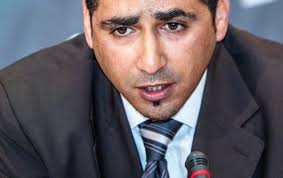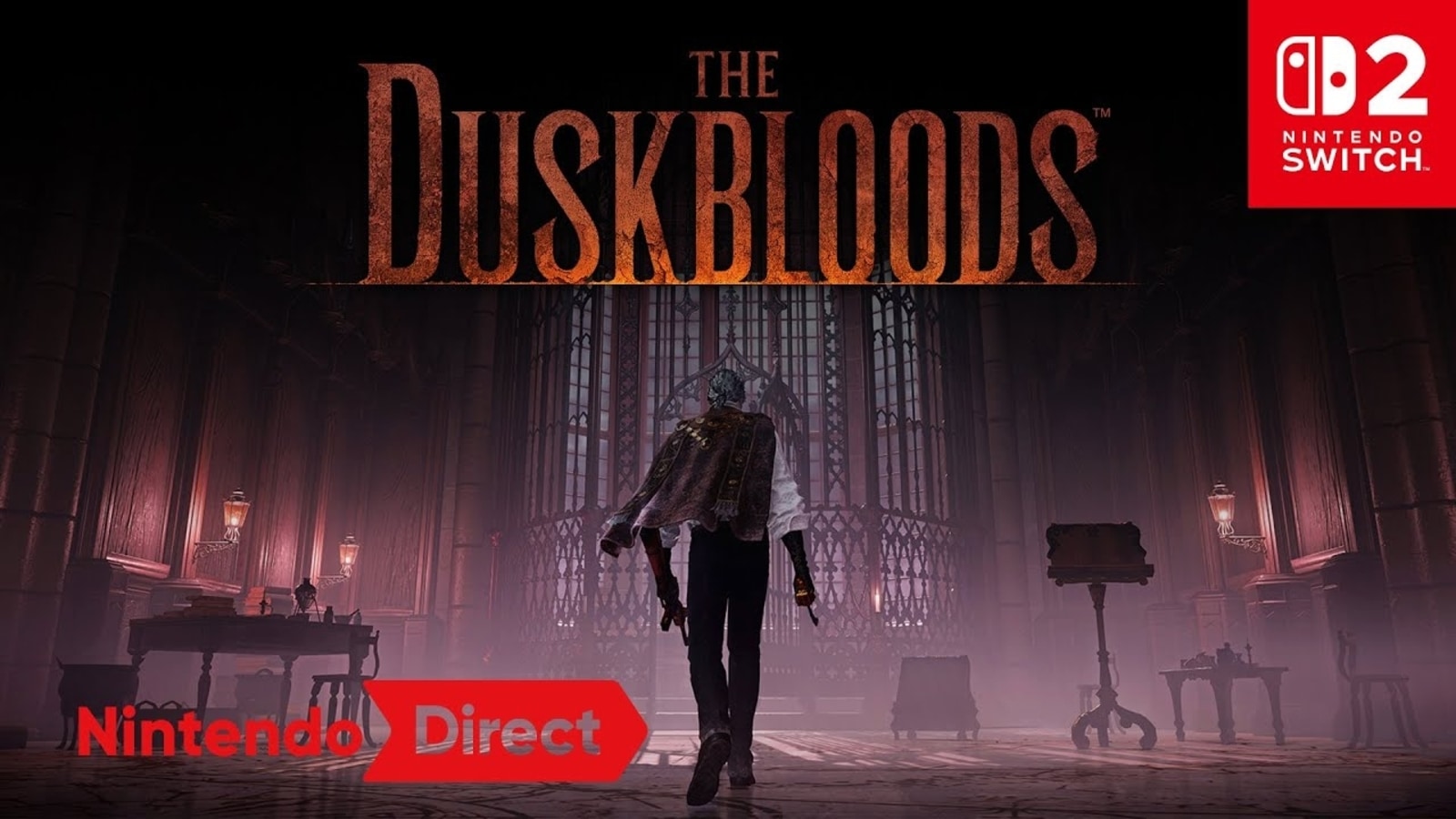A grave case has recently come to light involving Mohamed Touhfa, a Moroccan national residing in Kissimmee, Florida. who is accused of committing a series of serious cybercrimes. Touhfa is alleged to have used his YouTube channel, “Touhfa Show,” to extort money through defamation, blackmail, threats, and the unauthorized release of private information concerning women and children.
Despite his Moroccan nationality, Touhfa is reported to have a longstanding criminal record, with multiple legal proceedings filed against him by U.S. authorities for crimes including theft, threats, and the alleged sexual abuse of his own daughter. His actions have reportedly instilled psychological distress among many Americans, particularly individuals of Arab descent or those who speak Arabic, as a result of the harmful content he posts daily on his channel. This includes insults, threats, and incitement to discrimination and racism.
Over the past four years, numerous victims have allegedly complied with Tahfa’s demands, paying him substantial sums of money to prevent the public disclosure of their private information. The funds he has extorted are said to have enabled him to acquire a luxury home in the United States and multiple properties in Morocco, all while allegedly failing to report his income to U.S. tax authorities, potentially violating tax laws.

The situation has escalated with the involvement of the National Center for Human Rights in Morocco, a prominent human rights organization, which has filed numerous complaints with law enforcement and judicial authorities regarding Touhfa’s alleged criminal activities. These complaints focus on his daily use of his YouTube platform to threaten and blackmail individuals, reportedly receiving large sums of money from victims in various European countries, who pay to prevent the release of their personal data.
Despite not holding any formal employment, Touhfa is said to frequently travel, stay in luxury hotels, and meet with his victims to further extort money from them. It is also reported that he transfers the funds to Morocco, where he uses them to purchase real estate, allegedly evading U.S. law enforcement and authorities in the process.
Mohamed El Madimi, the head of the Moroccan National Center for Human Rights, has organized protests and filed multiple complaints with judicial authorities regarding Touhfa’s actions. However, these complaints have reportedly gone unaddressed, raising concerns among journalists and human rights activists about potential protection or complicity enabling him to continue his alleged activities. This alleged protection has allowed Touhfa to continue to defame journalists, human rights defenders, and others, leaking their personal information and subjecting them to harassment and psychological persecution.
Touhfa, who is said to have previously worked as a taxi driver before engaging in cybercrime, is reportedly the subject of several ongoing legal cases in the U.S. He has publicly claimed to possess influential global connections that shield him from legal consequences, even going so far as to challenge the FBI and other law enforcement agencies, asserting that they are unable to investigate him.
Through his videos, which are filled with defamatory content and threats against women, children, and human rights activists, Touhfa has allegedly driven some victims to consider staging protests outside the U.S. embassy in Rabat, Morocco. They demand U.S. authorities investigate his activities, including potential money laundering through his YouTube channel.
In addition, Touhfa is reportedly connected to hackers in multiple countries who assist him in breaching personal devices and obtaining private information to publish on his channel. These actions further highlight the severe nature of the alleged crimes and their potential risks to privacy and security.
As the situation unfolds, many are calling for U.S. authorities to launch a formal investigation into Mohamed Touhfa’s activities. The Moroccan National Center for Human Rights claims to possess crucial information that could reveal the full scope of Touhfa’s alleged crimes, including his extortion activities, the illegal sources of his wealth, and his potential threats to individuals of Arab descent in the United States.
This case raises critical questions regarding the intersection of cybercrime, international law, and human rights. Will U.S. authorities take action to uncover the full extent of Touhfa’s alleged activities and ensure that those impacted by his actions receive the justice and protection they deserve?
























